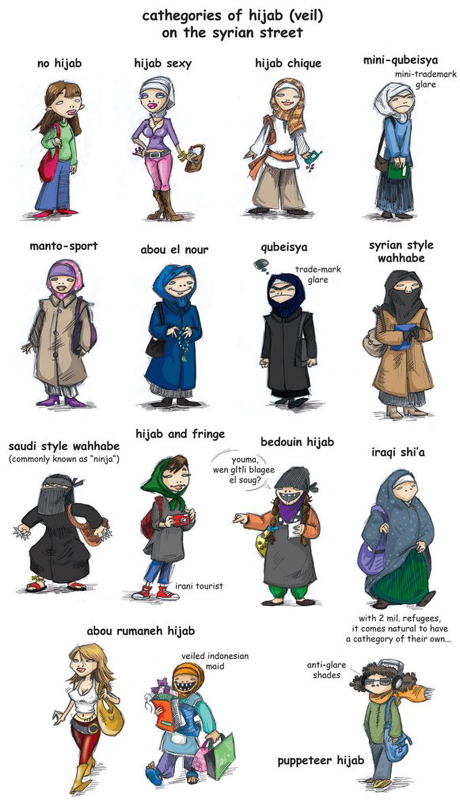
The recent European Union elections have given a legitimate seat to quite a few far right parties, prompting questions around where this level of extremism is coming from, and to what end it is leading?
The Huffpost reports on some of the most extreme, including the Dutch party which wants to rid the country of Moroccans (who were ironically brought in by the Dutch themselves to bolster their workforce), a group in Hungary who want all Jews to sign a register (sound familiar?) and a number of strongly anti-immigration and anti-European parties across the continent.
It is extremely disappointing to see such strong levels of hatred, downright racism and homophobic rhetoric coming out of so called ‘civilised’ nations. We have been frustrated in Australia with the level of anti-asylum seeker language, but it hasn’t reached the levels of mainland Europe and the Tea Party across the pond. Where is this all coming from, why is it so and how can we tackle it?
***
I’ve been fortunate to travel to Europe a number of times and cannot categorically say that I have personally experienced strong levels of racism, but that is obviously not completely indicative of the situation. Firstly, visiting a European nation as an Australian is novel enough that people tend to overlook the colour of my skin and religion and focus on the novelty of being from a land so far away. Furthermore, by not being a migrant and simply a visitor, I do not pose a ‘risk’ in the same way that people fear immigrants are.
It could be those reasons…or it could be that I am simply blind to the racism around me and chose not to see or be affected by it. If people are choosing to believe their prejudices with force, what is there to do but continue living one’s life?
Anecdotally, discrimination in Australia happens on slightly different grounds. Barring attitudes to the Indigenous Australians (which is a whole other discussion), prejudice is largely based on ignorance rather than true, steeped hatred of the ‘other’. There are few exceptions, and there are pockets of population where research shows social cohesion to be at troublingly low levels (Western Sydney and Logan being areas of note). However by and large (and making a huge generalisation), Australians tend to feel that if someone is trying hard and giving ‘being Australian’ a fair go, then they’re alright. So if they’re trying to speak English, working hard and don’t take things too damn seriously, they’re alright mate. We are too young a country to have the sorts of issues Europe is dealing with.
What creates an environment that enhances social cohesion is well known. Those who are well educated and well off are more likely to be tolerant and accepting than those from lower socio economic backgrounds, regardless of background. A fascinating comment recently made me aware that even the Sudanese and other African migrants were irritated with boat arrivals in Australia.
Why? One would imagine they would be willing to welcome people from similarly difficult circumstances.
It was a case of survival: the perception was that these newcomers would be fighting for the same types of jobs and were seen to be coming in a manner that was cheating the system everyone else used (i.e. those who went through the UN refugee camp process). Fascinating right?
So why are people moving further and further right in Europe?
They say in tough times people tend to close in and fear the unknown significantly more. It is a step down Mazlow’s hierarchy: people are no longer in the space of self actualisation and are more focused on the survival and work levels. They are focused on providing for their family and any obstacles are just barriers to be able to protect what they love...
Regardless of whether there are legitimate reasons or not though, extremism is not acceptable in any shape or form. The extremism seen in Europe is reflective of the extremism the West is so frightened of in the Middle East and North Africa, they are just based on different lines. Extremism based on nationality is no less dangerous than extremism based on religion. Both exhibit cult-like mentalities, and encourage behaviour that is downright barbaric. Reason and logic doesn’t seem to work...
So the challenge is for the young, educated and informed young people who have grown up in a globalised society to ensure that extremism remains fringe and ridiculously laughable. This is where a new generation can really leave a mark and share in a meaningful legacy. By and large, I have seen this happen but the trick is to have it spread beyond just the educated upper and middle classes and move into the lower socio economic groups.
Some young Europeans have said the fact that extreme groups have a legitimate seat at the table is good as it means they can argue their point and be shut down in a formal manner.
I am undecided. I appreciate that this may be the case, but by allowing these types of ideologies to blossom in mainstream media, what else are we then accepting as a society?
It isn’t always easy being tolerant and accepting of what is different and unusual, but multiculturalism and globalisation don’t happen by accident. It takes well designed policy, implementation and maintenance to ensure it remains successful.
Australia is doing okay, but we cannot be complacent. If we are to avoid an EU-like situation, let’s keep our eye on the ball and hope the Europeans can sort themselves out before things get too nasty.
What do you think? Why are people moving to the far right, and is it something we should worry about?


 A small incident occurred in my life a couple of weeks ago that I had trouble processing.
A small incident occurred in my life a couple of weeks ago that I had trouble processing.





